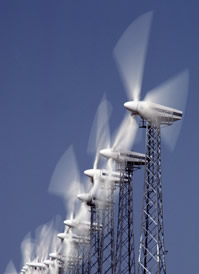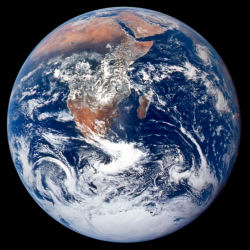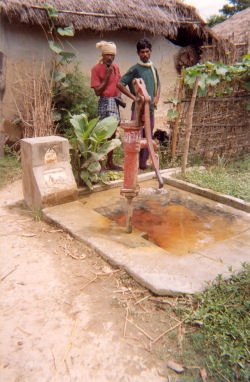The Department's Centre for Sustainable Development hosts an Annual Lecture Series where experts distinguished in the field of sustainable development give a presentation on their subject.



The events are free and open to the public.
The lectures are held in Lecture Theatre 0 in the Department of Engineering, Trumpington Street, Cambridge. The lectures are on Wednesday evenings, 5:30 for 6:00 p.m and are concluded by 7:30pm. The 2007 series is listed below:
7th February
"The promise of energy biosciences"
Dr Steven Koonin (Chief Scientist, BP)
21st February
"When the rivers run dry"
Fred Pearce (New Scientist) see below for details
28th February
"Can we quantify sustainability?"
Professor Richard Darton (Head of Engineering, Oxford University)
7th March
"One planet living"
Pooran Desai (Technical Director and Co-founder of Bioregional)
14th March
"A new sustainable way of life – the sine qua non of human development?"
Clare Short MP (former Secretary of State for International Development)
25th April
"Why sustainable development might be bad for the environment"
Professor Susan Owens (Department of Geography, Cambridge University)
2nd May
"Sustainable Development"
Professor Sir David King (Chief Scientific Advisor to HM Government)
"When the rivers run dry"
Fred Pearce (New Scientist)
Summary
Do you know how much water you use each day - not just the 5 litres you may drink, or the 150 litres you guzzle to cook, wash, and flush the toilet with. It takes around 500 litres of water to grow the wheat to produce a loaf of bread. A staggering 11,000 litres to feed enough cow to make a quarter-pound hamburger. You could take 25 baths in the water it takes to grow the cotton for just one T-shirt… The South East of Britain has less water per capita than the Sudan or Ethiopia and while there is less and less rain our demand grows. Slowly but surely we're draining our rivers and hillside springs dry. Much more alarming, we import huge volumes of water in our dockside deliveries of wheat, beef, rice… And while our water crisis is relatively tranquil, it is repeated - often in vastly more dangerous form - across the world.
That we face a world-wide crisis is no idle threat. Pearce's 15-year research into water issues has taken him all over the world. His experiences reveal the personal stories behind failing rivers, barren fields, desertification, floods and water wars. He will give a clear and terrifying picture of the consequences if no remedial action is taken, but also a brilliantly challenging explanation of the steps we must take to ensure the 'blue revolution' the world desperately needs.
Speaker
Fred Pearce is a former news editor at New Scientist magazine, and is currently its environment and development consultant. He also writes regularly for the Independent and the Times Higher Education Supplement, the Boston Globe and Foreign Policy in the US and has written reports and extended journalism for WWF, the UN Environment Programme, the Red Cross, UNESCO, the World Bank and the UK Environment Agency. He is syndicated in Japan, Australia and elsewhere and has filed articles from more than 50 countries in the past decade.
He was voted BEMA Environment Journalist of the Year in 2001 and has been short-listed for the same award in 2000, 2002 and 2003. He is a past recipient of the Peter Kent Conservation Book Award and the TES Junior Information Book Award.
More details on this year's lectures and the lectures of previous year's can be found on the Centre for Sustainable Development website

